I have something very interesting for my readers today and I am taking over the article from my friend Usman Pirzada more or less in the original, so I have also put him as the actual author. After all, it’s his work and not mine. Surely a simple quote and the usual paraphrasing of a news story wouldn’t have been fair enough there. That’s why I’ll let Usman have the floor in the following and also leave the we-form of the original as it is. Even though today is Sunday, I didn’t want you to miss this information.
We, that is WCCFTECH, were able to exclusively get our hands on the very first benchmarks for Intel’s upcoming Alder Lake mobile processors. Processors that will compete against Apple’s M1 Max processors, which are currently clawing for market share, as well as AMD’s upcoming mobile chips. While we don’t have the results for AMD’s next generation of mobile chips, we do have the results for the current generation of x86 chips as well as the validated result for Apple’s M1 Max.
The Apple M1 Max is a fantastic chip that will push both AMD and Intel to the max. And while I doubt the x86 architecture will ever beat ARM on power efficiency, absolute performance (with roughly comparable battery life) is another matter entirely. Geekbench has always been a benchmark where Apple has the upper hand (because it relies heavily on algorithmic optimizations), but it was still pretty impressive to see Apple’s M1 Max outclass everything in sight in terms of x86 hardware. It even managed to beat Intel’s flagship desktop chip: the Intel Core i9 11900K.
As we tech enthusiasts know, Intel has been stuck with the 14nm process for quite a long time and has only recently recovered from that mishap, meaning Apple chips have had a distinct node advantage over the past few years (and even AMD chips). However, starting with Alder Lake (which is based on Intel 7), that advantage will seriously shrink as Intel finally moves to a sub-14nm node on its desktop side. The introduction of ultra-low power “e-cores” will further improve performance on the mobile side, as Alder Lake’s big.LITTLE design has been developed specifically for mobile use. Now here is the result of Intel’s 12900HK Alder Lake Mobility flagship in Geekbench:
Alder Lake’s powerful p-cores easily take the top spot in the single-thread benchmark with a score of 1851. For comparison, Apple’s 5nm chip M1 Max scores 1785 in single-thread performance. The Core i9 11980HK (note: we found several overclocked and standard benchmarks for this processor on Geekbench, but will use standard configurations since our ADL result is also standard and allows for a similar comparison) follows with a score of 1616 and AMD’s best mobility chip comes in at 1506. This means that Intel has improved the single-thread performance by 14.5% compared to the previous generation.
Almost all of us expected Intel to win on the single-thread front due to high clock speeds and some serious architectural improvements. But what’s surprising to us is that they even beat the Apple M1 Max on the multi-threaded front. The Alder Lake Core i9 12900HK scores an astonishing 13256 points, followed by Apple with 12753 points. The Intel 11980HK (standard) is further behind with 9149 points and AMD gets a whole 8217 points. That’s an increase of almost 45% from generation to generation at about the same TDP, though that’s not surprising because even though the ADL-P CPU only has 8 “big cores”, the small cores have proven to be quite powerful as well.
It can be assumed that Apple will still win on power efficiency – they always have since the A11 – but Apple’s reign as the fastest mobile chip seems to have been short-lived (we expect the ADL-P to launch in early 2022). Another important point to note here is that this benchmark was run with Windows 11, which enables Intel’s brand new Thread Director technology – so some of these gains could also be the result of better hardware scheduling
Geekbench 5.4.1 source left: Apple M1 Max, Intel 11980HK, AMD R9 5980HX
Source: Usman Pirzada via WCCFTECH













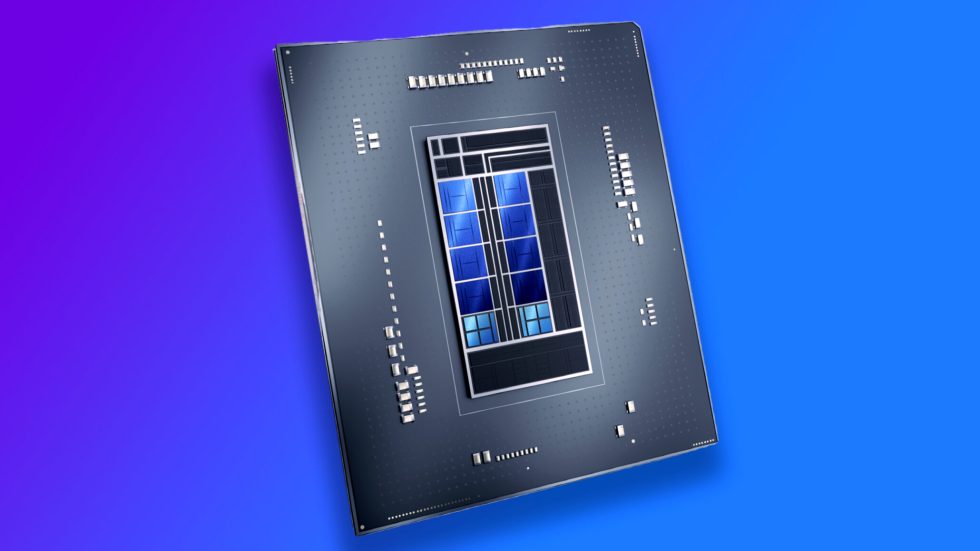
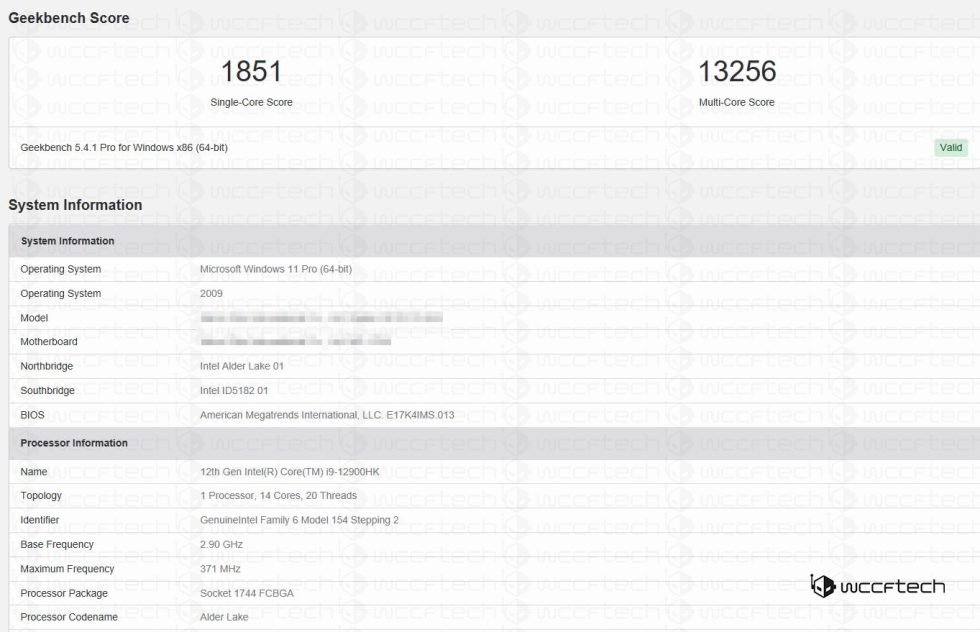

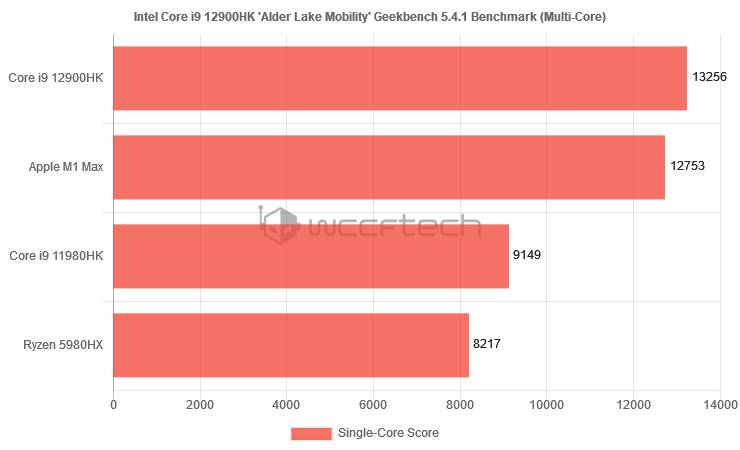






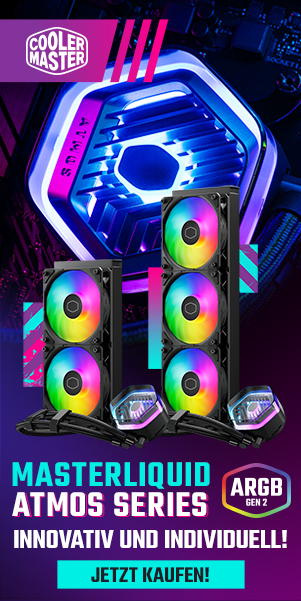


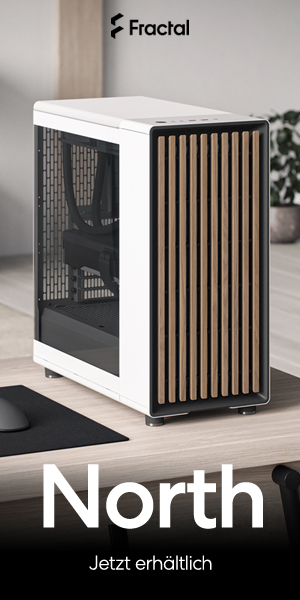
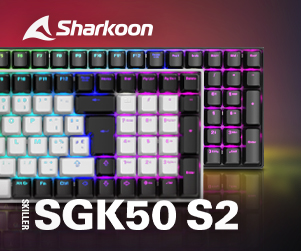


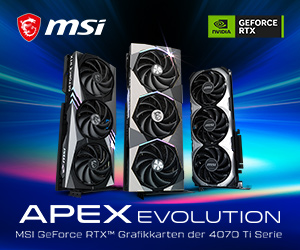




51 Antworten
Kommentar
Lade neue Kommentare
Urgestein
Urgestein
Urgestein
Mitglied
Mitglied
Mitglied
Mitglied
Urgestein
Mitglied
1
Mitglied
1
Mitglied
1
Urgestein
Mitglied
1
Veteran
Veteran
Alle Kommentare lesen unter igor´sLAB Community →